WIPO Global Innovation Index shows two more Chinese centers in top 100
China now leads the world with 26 science and technology clusters in the top 100, reflecting the country's rapid growth in innovation output, according to the World Intellectual Property Organization.
This year's WIPO Global Innovation Index, released on Monday, shows China has two more clusters than last year, surpassing the United States and Germany. The index revealed that seven of the top 10 clusters are in Asia and three in the US.
Tokyo-Yokohama in Japan is the largest cluster globally, with the Shenzhen-Hong Kong-Guangzhou cluster in China ranking second. Beijing moved up one spot from last year to claim third place.
The report highlighted that clusters in middle-income economies experienced the strongest growth in science and technology, with Chinese clusters showing the steepest increase, particularly in Hefei, Anhui province, and Zhengzhou, Henan province.
"Science and technology clusters are the foundation of robust national innovation ecosystems," said WIPO Director-General Daren Tang. "It is encouraging to see these clusters thriving not just in the mature hubs of industrialized nations, but also in the emerging innovation hot spots of selected developing economies."
Tang added that WIPO will continue to support the clusters in using intellectual property to translate research into practical solutions.
WIPO's Global Innovation Index ranks countries and economies based on the development and achievements of their clusters.
Guo Wen, spokeswoman for the China National Intellectual Property Administration, noted the important role played by the central region, including Henan and Anhui, in China's high-quality development, citing its unique geographical advantages and broad market potential.
She said that IP services in the region have advanced in recent years. As of June, the region held 618,000 valid invention patents, 19 percent more than the same period last year, and had registered over 7 million trademarks, up 11 percent year-on-year.
Henan has also launched projects to enhance IP rights in major industries, establishing two national-level IP operation centers for new energy auto parts and biological agriculture, said Liu Huaizhang, an official from the provincial IP bureau.
In recent years, China has prioritized science and technology, emphasizing innovation as a primary driver of development. The country has promoted significant regional strategies, such as the coordinated development of the Beijing-Tianjin-Hebei region and the integrated development of the Yangtze River Delta. It has also supported efforts by Beijing, Shanghai and the Guangdong-Hong Kong-Macao Greater Bay Area to build internationally influential science and technology innovation centers.
Vice-Minister of Science and Technology Zhang Guangjun said last year that China is eager to continue its cooperation with international organizations such as WIPO to address global challenges by enhancing technological creativity and strengthening the innovation, application, management and protection of IP.








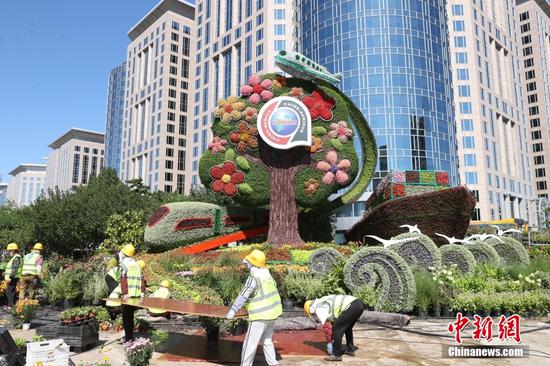
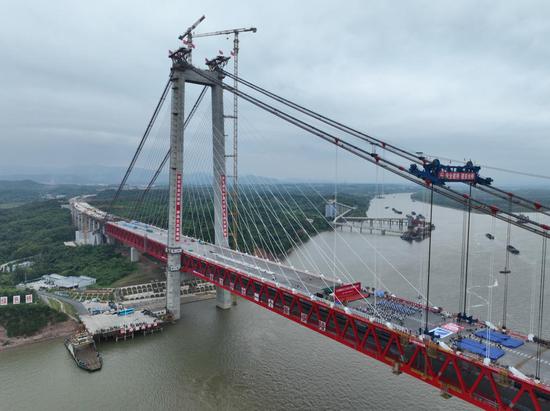
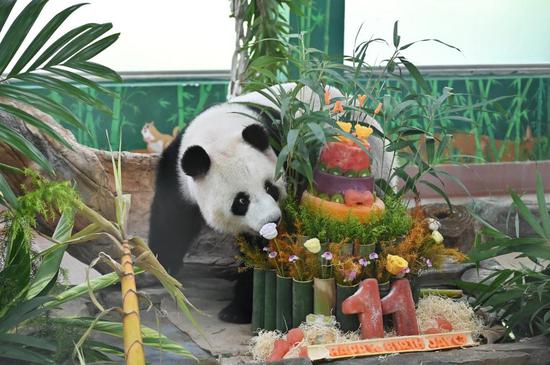
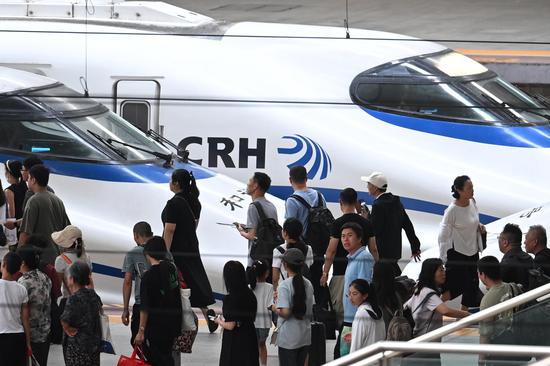
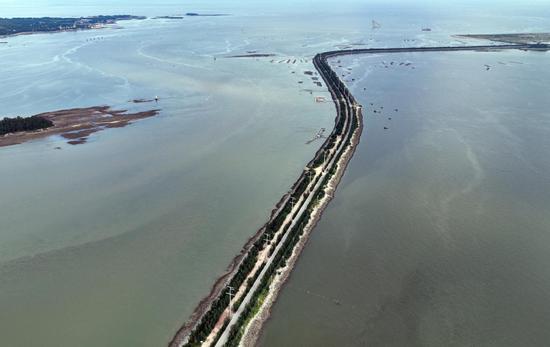

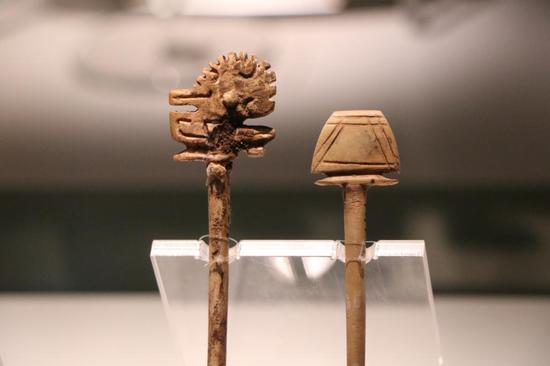












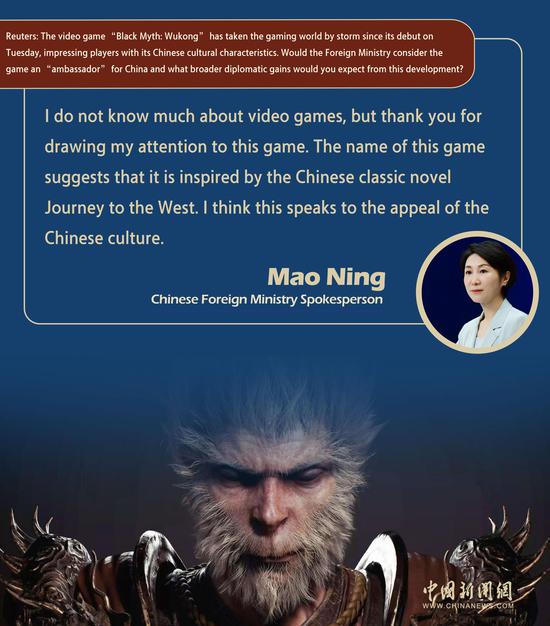

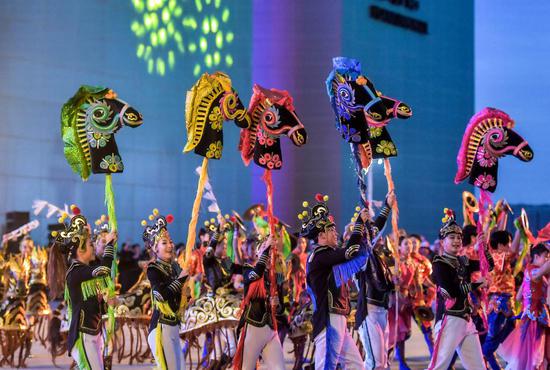

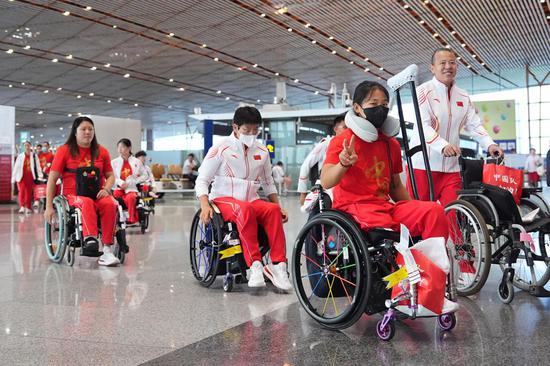
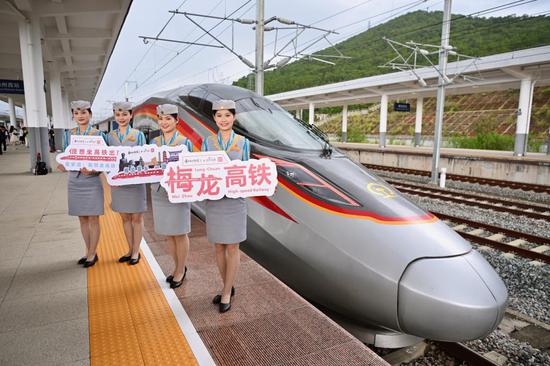




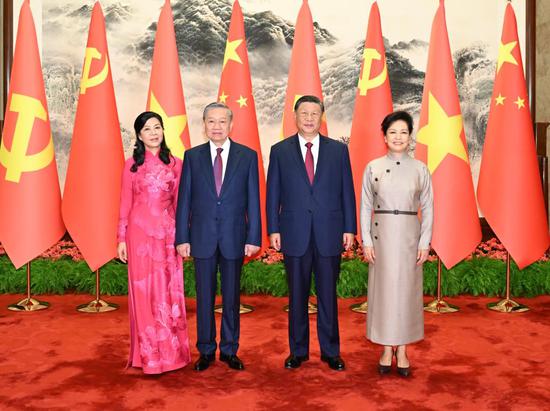
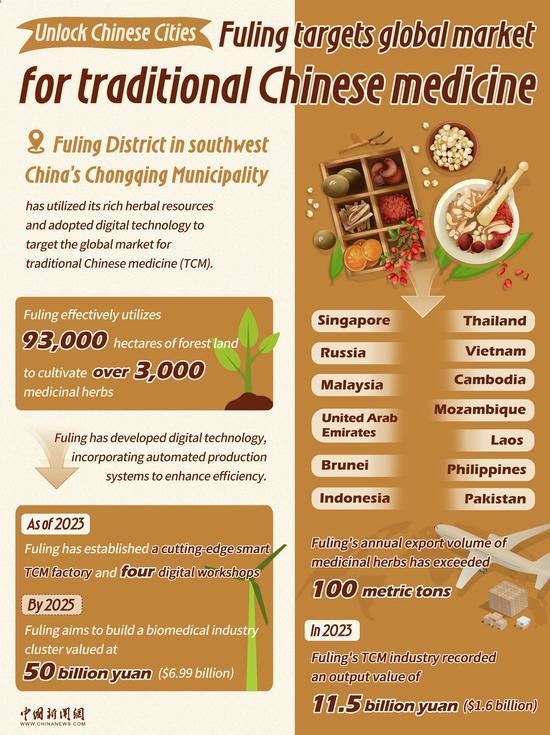
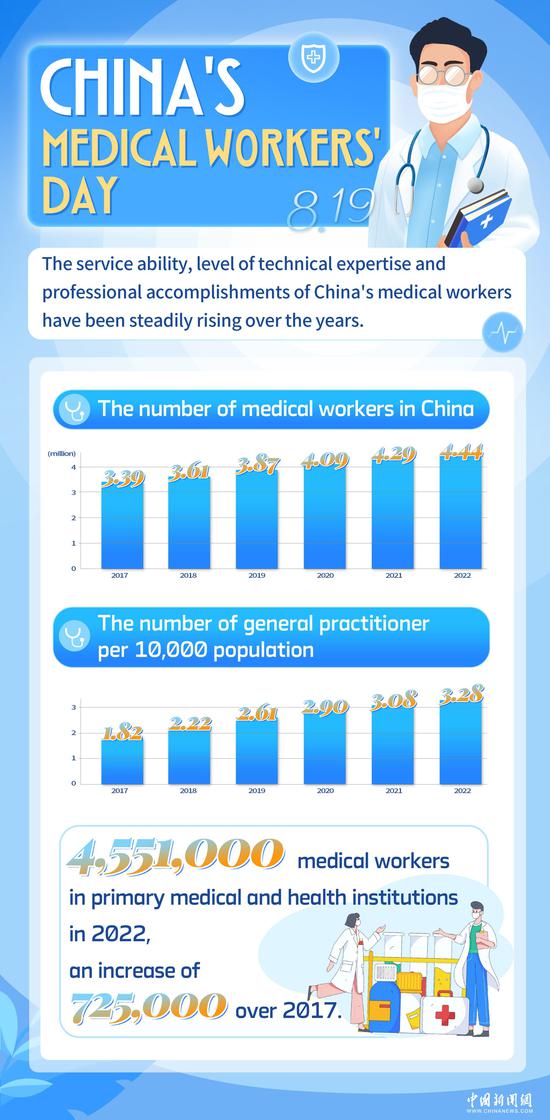
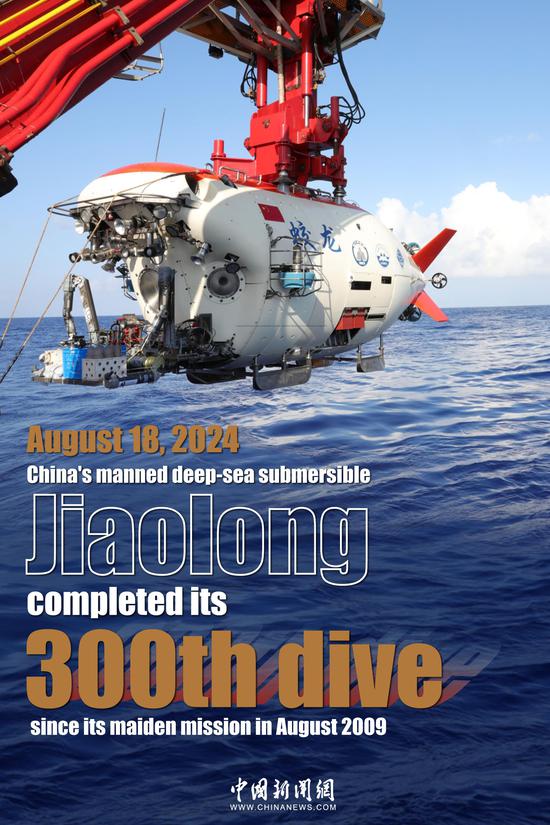



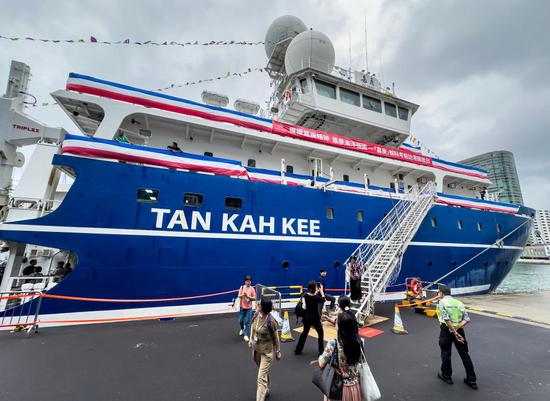

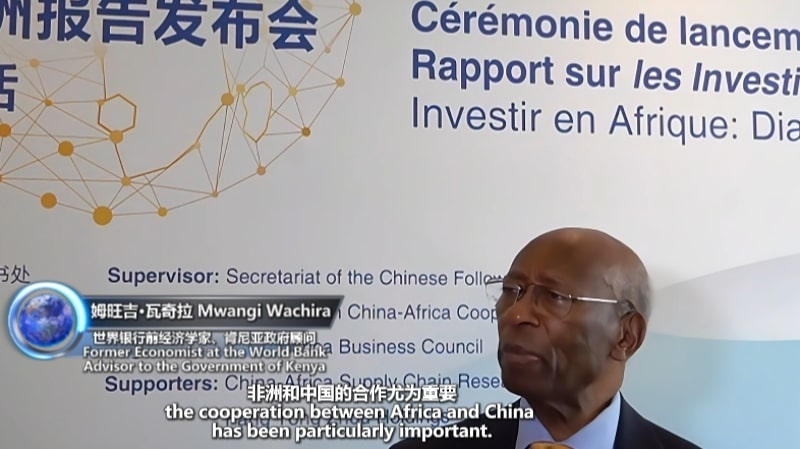

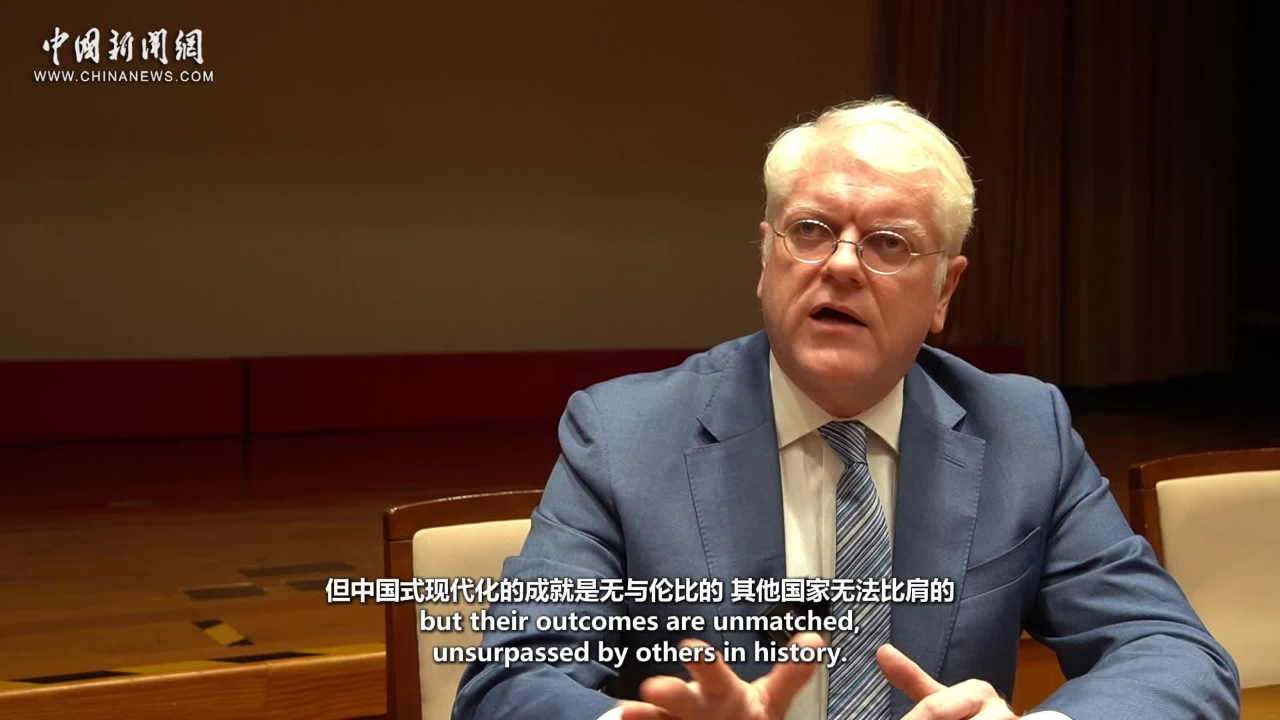

 京公网安备 11010202009201号
京公网安备 11010202009201号